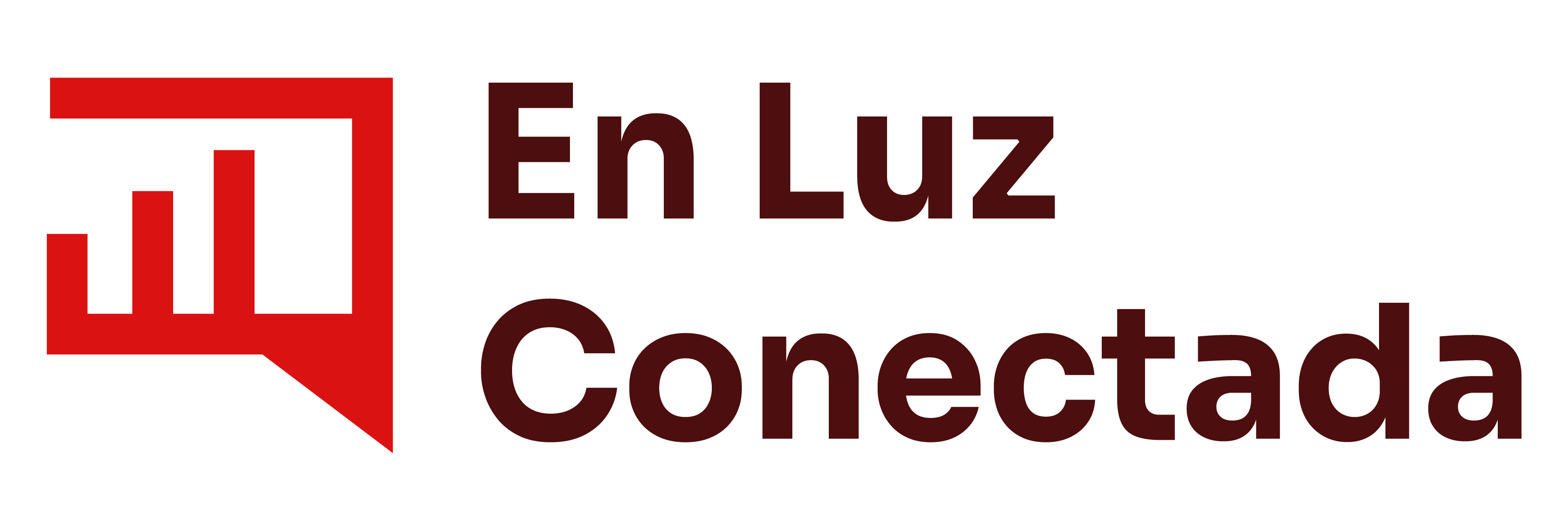Ever wondered how a small number can affect your mortgage in Canada? Credit scores play a big role. They not only decide if you get a mortgage but also the interest rates and terms you’ll get. In Canada, a good credit score means lower interest rates and better deals.
A bad score, however, can lead to high costs or even no mortgage at all. This part explains why credit scores are so important. It shows how they impact your mortgage and why keeping a good credit history is key.
Understanding Credit Scores in Canada
A credit score shows how good you are at managing money. It comes from the Canadian credit system. It looks at how you pay bills, how much debt you have, and how much credit you use.
Payment history is key. Paying on time helps your score. But, missing or late payments can hurt it a lot. Also, how much debt you have compared to your credit limit matters.
It’s important to have accurate credit reports. Mistakes can make your score look worse than it is. Checking your reports often helps keep your score right. Knowing about credit scores and history is crucial in Canada’s financial world.
The Role of Credit Scores in Mortgage Applications
Credit scores are key in Canada when it comes to mortgage applications. Lenders use these scores to check if you’re financially reliable. A good credit score means you can handle debt well. But a low score might mean you can’t get a mortgage or need a co-signer.
How lenders see credit scores can vary. The Canada Mortgage and Housing Corporation found that lenders have different views. They look at more than just credit scores, like how steady your income is and your current debts. This shows how crucial credit scores are in getting a mortgage.
Factors Influencing Credit Scores
Many things affect your credit score, which is key for getting a mortgage. Payment history is a big deal, making up a lot of your score. Paying on time shows lenders you’re reliable. But, late or missed payments can hurt your score a lot.
Credit utilization is also important. It’s how much you owe compared to your credit limit. Keeping this ratio low is good for your score. Aim for under 30% to show you’re financially stable.
How long you’ve had credit matters too. A longer history means you’ve handled credit well, which helps your score. But, too many credit checks can lower your score. It looks like you’re looking for more credit. So, it’s smart to keep your credit accounts balanced and avoid too many checks.
Knowing what affects your credit score can help you make better choices. Work on paying on time, keep your credit use low, and manage your accounts well. This way, you can improve your score over time.
Different Credit Score Ranges
In Canada, credit scores range from 300 to 900. A good score is between 660 and 900. This shows a strong payment history and low risk.
Those with a score between 560 and 659 might still get a mortgage. But, they might face higher interest rates. Scores below 560 make it hard to get a mortgage, or they might have to pay very high rates.
Knowing your credit score range is key. It helps lenders decide if they should give you a mortgage. It’s important for anyone wanting to buy a home to check their score and work on improving it.
How to Improve Your Credit Score
Improving your credit score takes practical steps towards better financial health. Paying debts on time is key. It shows lenders you’re reliable and boosts your score. Use automatic payments or reminders to stay on track.
Checking your credit reports regularly is crucial. It helps you understand your financial status and correct any errors. Errors can hurt your score, so check reports from major bureaus at least once a year.
Good financial management is key to a better credit score. Try to pay off high-interest debts first. Consider balance transfers to lower your interest rates. Credit counselling services can also offer valuable advice.
By following these steps, you can improve your credit score. These changes are small but can make a big difference in your financial future.
The Connection Between Credit Scores and Interest Rates
Knowing how credit scores affect interest rates is key for those looking to buy a home in Canada. A good credit score can lead to better interest rates. This means lower mortgage costs. On the other hand, a low credit score can lead to much higher rates.
This can cause monthly payments to go up. Over time, it can add up to a lot of extra money spent on the loan.
Getting a mortgage with high interest rates can have big financial effects. Even a small difference in rates can mean thousands more paid over the loan’s life. Keeping a good credit score helps get better mortgage deals. It also means avoiding high costs because of a bad credit score.
Common Misconceptions About Credit Scores
Many people have wrong ideas about credit scores that can harm their money choices. One big myth is that checking your score lowers it. But, checking your score yourself is called a “soft inquiry” and doesn’t hurt your score. Experts say it’s key to know your credit score well.
Another wrong idea is about using credit cards. Some think not using them will help their scores. But, using credit cards wisely and paying on time can actually improve your score. Canadian banks show that using credit wisely helps build a good credit history.
It’s also important to know that having different types of credit, like cards, loans, and mortgages, is good for your score. Understanding this helps clear up many myths about credit. It lets people make better choices for their financial future.
Preparing for Mortgage Approval
Getting ready for mortgage approval is key. Start by checking your finances, like income, debts, and spending. This helps figure out how much you can afford and shows where you might need to improve, like paying off debts to boost your credit score.
Next, collect all the documents you need. This includes proof of income, bank statements, tax returns, and ID. Lenders use these to check if you’re financially stable. Having everything ready shows you’re responsible and can speed up the approval.
Also, getting pre-approved is a big plus. It tells you how much you can borrow, making you more confident in the housing market. Mortgage advisors say being well-prepared can make a lender more likely to approve your mortgage, making the whole process smoother.





